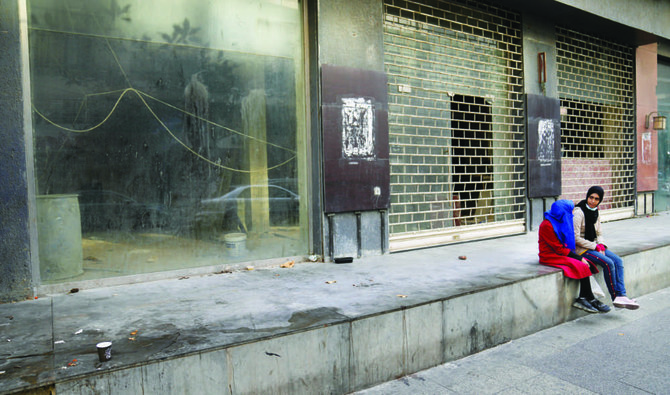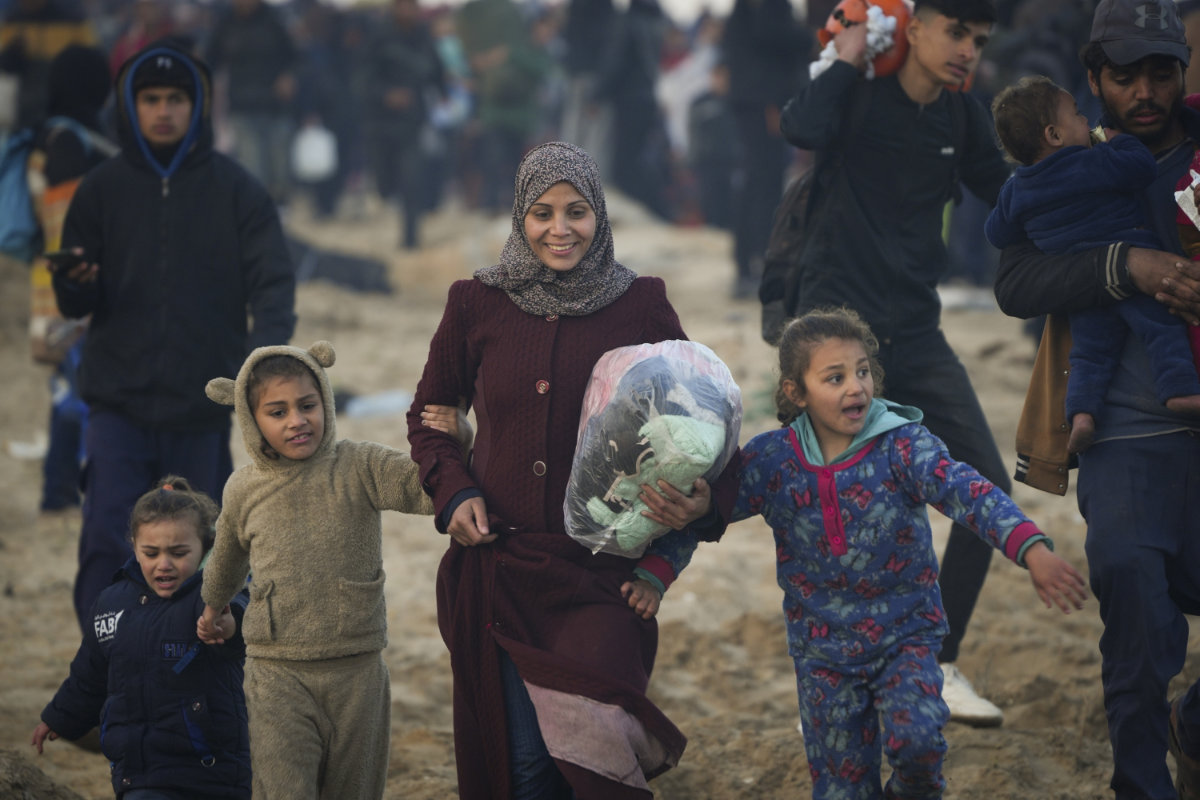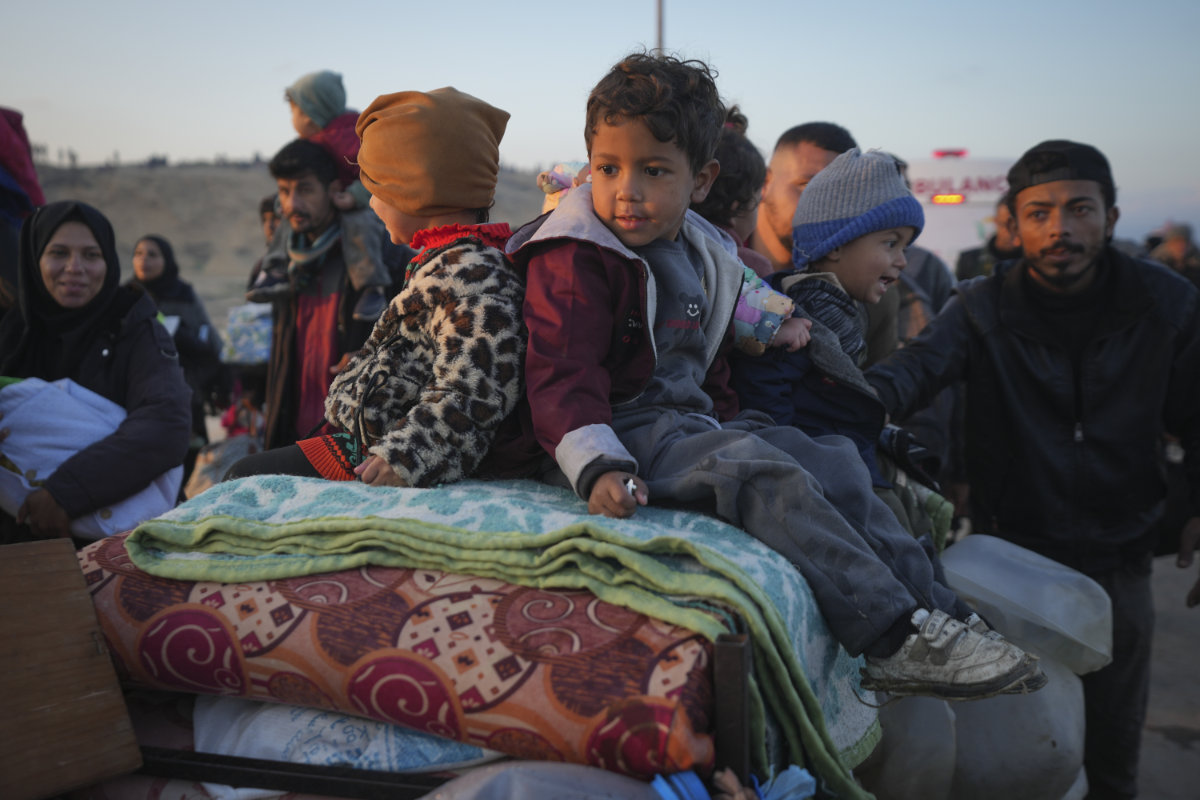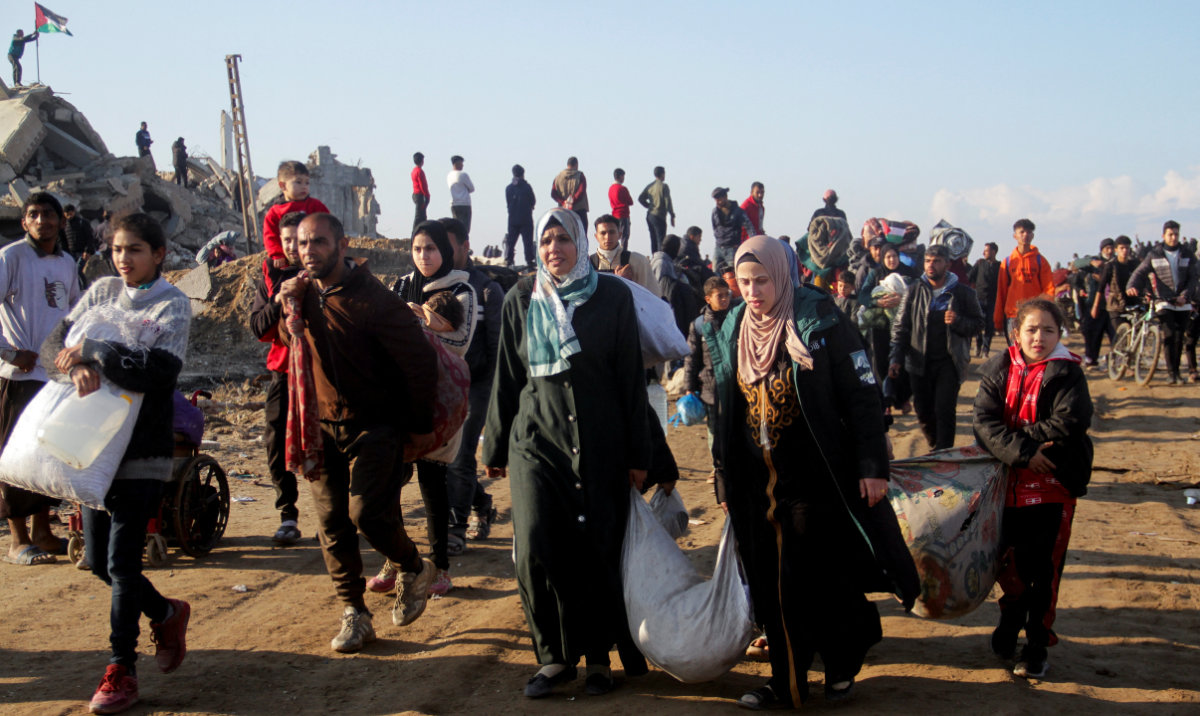BEIRUT: Officials from charitable organizations and imams at mosques in Lebanon have raised concerns about their reduced ability during Ramadan this year to help the growing number of people going hungry, as a result of the effects of the financial crisis in the country.
They said costs have risen sharply in the past year, fewer people are volunteering and donations from “capable people” are in decline because the “conditions of benefactors have changed.”
The economic crisis has created harsh living conditions for many, as a result of which the number of families in need of assistance has increased. Meanwhile, the amount of donations received during Ramadan by charities and other groups that provide assistance is expected to fall, which will affect their ability to provide daily iftar meals for the growing numbers of people who are struggling.
FASTFACT
Faten Mneimneh from the Islamic Charitable Guidance and Reform Association told Arab News that because of the financial constraints and fewer volunteers the quality of iftar meals will be lower and less varied during Ramadan this year, at a time when growing numbers of people are going hungry.
Such a meal traditionally includes a fattoush salad and a plate of rice and meat. Last year the cost of a single meal was about 50,000-60,000 Lebanese pounds, which is about $33-$40 based on the official exchange rate of about 1,500 pounds to the dollar.
This year the cost has risen exponentially as a result of increased prices of gas and other fuels, electricity, disposable plates and packaging, and transport and distribution. There are also fewer people volunteering to work in kitchens and deliver the meals. In addition, the official exchange rate is not readily available, and the unofficial black market rate offered by exchanges is much worse.
“Conditions during the month of Ramadan this year will be much more difficult than the conditions of last year,” said Faten Mneimneh from the Islamic Charitable Guidance and Reform Association, which provides food and clothing for the needy.
“Last year, the US dollar exchange rate was $1 to 7,000 pounds, while now it has leaped to $1 to 22,000 pounds, and the prices of fuel, foodstuffs and even bread have hugely increased.
“This year there will not be meat or chicken in the iftar meals on daily basis, nor will there be a fattoush salad. Instead we will give people lettuce, two tomatoes and a cucumber with which to prepare their own salads.”
She added: “The number of women who have volunteered to cook the meals in their homes has fallen because the cost of a canister of gas has reached 500,000 pounds. We need to feed 120 people every day over a period of one month. If we resort to catering, this means we would need $2,000 to buy the iftar meals and we would not be able to provide other things such as medicines or clothing.
“In addition, the distribution of the iftar meals has become very costly due to the big increases in the price of gasoline.”
Mneimneh told Arab News that because of the financial constraints and fewer volunteers the quality of iftar meals will be lower and less varied during Ramadan this year, at a time when growing numbers of people are going hungry.
“Yes, there are people starving in Lebanon,” she said. “A few days ago, a lady in her 50s who lives in a room under the stairs of a building called us. She was crying and said that she was starving. She added that her sister used to help her but is no longer capable of doing so, so she recharged her phone with money her sister gave to her so that she could call us.”
Sheikh Zuhair Kibi, the director general of the Zakat Fund of Dar Al-Fatwa, said: “The biggest problem that we face in helping people is a lack of cash flow because the banks refuse to give us cash and only give us checks, and so our money in the banks is frozen. All benevolent societies are facing the same problem.
“In the meantime humanitarian needs are growing, especially the cost of medicines and hospital care, in addition to the prices of foodstuffs and the costs of transportation, which are eroding the limited wages of employees.”
He said the financial crisis is affecting families from all walks of life and added: “We in the Zakat Fund provide aid to 1,100 families and 2,300 orphans. We give 300 families a sum of 300,000 pounds per month and every orphan 700,000 pounds each month. We need 2 billion pounds every month to provide these needs, which does not include the salaries of employees of the Zakat Fund.”
The fund has raised its fasting ransom — a sum that is paid by those who cannot fast during Ramadan and is used to help feed others — to 35,000 pounds (about $1.60 in the black-market exchange rate) this year from 15,000 pounds last year.
Mneimneh said: “Charitable people are still giving money for Zakat because this is an obligation and it is money to help the poor. However the amounts have declined due to the complicated bank procedures.
“So all the people have been affected, whether rich or poor, as withdrawals from banks have been limited. We are relying on money sent home by expatriates — however, the banks are obstructing our efforts to get this money.”
Illustrating the growing levels of desperation many people are feeling, she said that as soon as her association announced at a mosque in Beirut that free pre-dawn suhoor meals were available, hundreds of people flocked to get them first thing in the morning. She added that because of the financial pressures the suhoor meals that are provided no longer contain eggs, cheese or sweets.






























